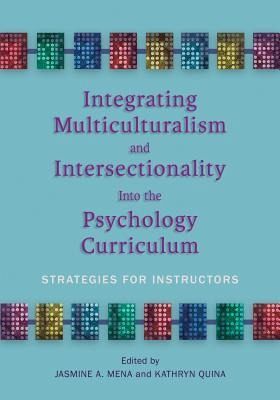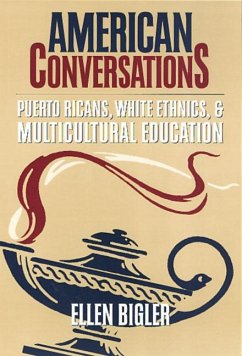
Integrating Multiculturalism and Intersectionality Into the Psychology Curriculum: Strategies for Instructors
Versandkostenfrei!
Nicht lieferbar
This comprehensive book helps psychology instructors incorporate multicultural and intersectional perspectives into their classes. Chapters recommend activities and assignments for teaching how various sociocultural factors can influence human psychology.









